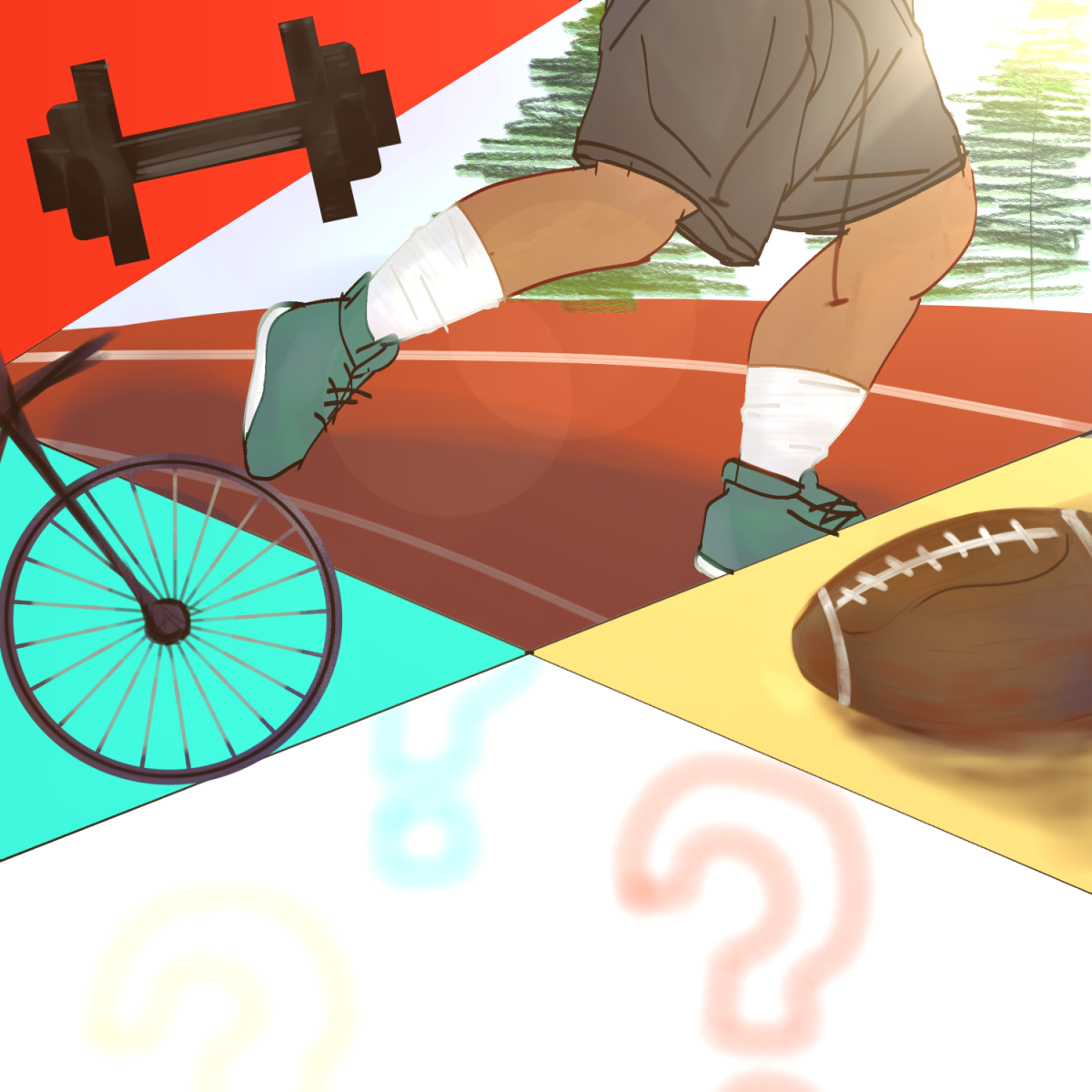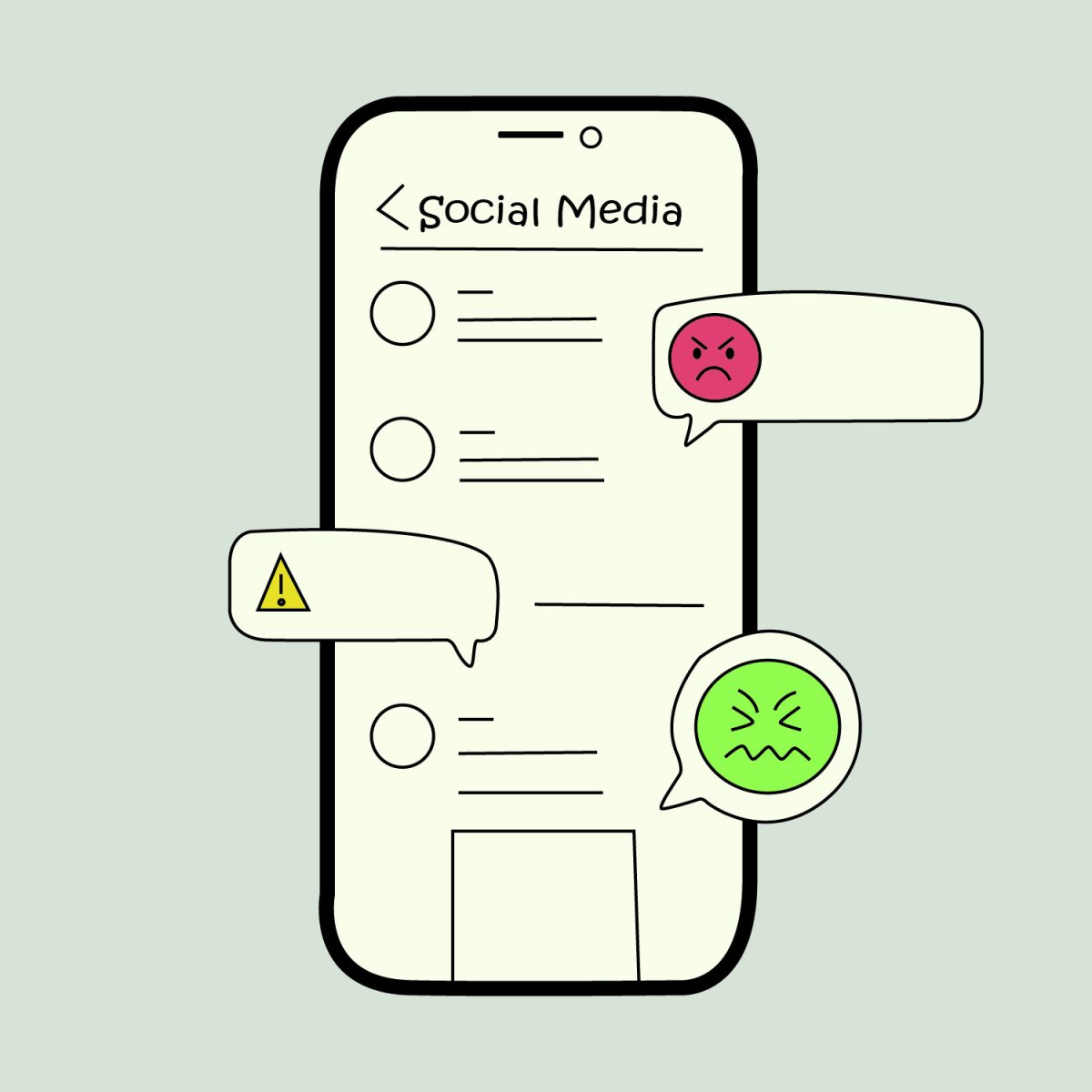At some point in our lives, we have all probably done something considered to be an extracurricular activity. However, we all have different interpretations on what an extracurricular activity is and what falls under it. According to Classful, “Extracurricular refers to acts done outside of the curriculum that is beneficial to a child’s education. Extracurricular activities are, simply put, activities you do outside of class.” Basically, extracurricular activities are interests done outside of school that can be physical, social, or mental. At IHS, there is a whole range of activities to choose from, from sports like football, soccer, and track, to clubs like Key Club, the Distributive Education Club of America (DECA), and Art Club. However, it is important to remember that you should participate in the extracurriculars you are passionate about or interested in.
After-school activities provide a whole range of benefits that could apply to your health, mental state, or social abilities. Senior Tina Zou, who takes art classes, says, “Art gave me a lot of time to reflect on myself and also on broader issues that I’ll often paint about.” Extracurriculars give students a chance to take a break from school and focus on themselves. In addition to providing a break from school, after-school activities can also be a lot of fun. Freshman Franceska Maye Acosta says, “I think it’s a bit early on in the year to tell benefit wise, but like I did enjoy getting to be a part of this school’s activities. I enjoy a lot of the activities that are here.” Extracurriculars have all sorts of benefits, but they vary based on the type of activity. According to Collegevine, the benefits to extracurriculars are “they help students explore their passions and career interests. Students develop real-life skills by participating in extracurriculars. Extracurriculars strengthen your college application. It’s easy to make friends through extracurriculars. They provide a break from school. Participation in extracurriculars is linked to higher academic performance.” Extracurriculars provide all sorts of benefits, whether they are educational, encouraging to one’s physical health, or beneficial to one’s social community. Another benefit that is generally overlooked is the motivational benefit of extracurriculars. According to Linkedin, “Extracurricular activities that align with your academic goals, such as tutoring, research, or internships, can help you improve your motivation and engagement in school. These activities can expose you to new knowledge, skills, or experiences, which can spark your interest and curiosity in learning. They can also connect you to mentors, role models, or peers, who can encourage, guide, or challenge you in your academic journey.” Based off all the perks that come from participating in extracurriculars, finding an activity you would enjoy is recommended since you will benefit in more ways than one.
Although there are a bunch of benefits that come from after-school activities, there are also some consequences and hinderances as well. The main obstacle that comes from extracurriculars are conflicts that come from scheduling. Zou says, “Time commitment is a big thing, like I spend 18 hours a week in art class and it’s just like I don’t have a lot of time to study or do my homework, so I have to kind of like compromise a little bit.” In addition, junior Clyde Umscheid says, “Yeah, I’m more busy.” However, sophomore Dominic Ungaro says, “There’s been a few conflicts but nothing like that can’t be resolved or just like worked around.” Although it is true that one’s schedule can get crammed due to after-school activities, the situation can be handled depending on how you organize and prioritize your schedule. Another consequence that derives from after-school activities is the amount of confidence one must have to participate and interact with the other members of that club or activity. Acosta says, “It’s just that some of them like Drama Club are like a lot of commitments and they take a lot of confidence to like be a part of and to like exert yourself.” Sometimes, scheduling conflicts might not even be the main impediment for some students. Instead, it is the amount of confidence one has in themselves and their social abilities that can make a big difference.
Extracurricular activities are generally considered when it comes to college applications. One of the main reasons students generally participate in their after-school activities is to build up their college resumes in hopes of appealing to the colleges they are applying to. However, when extracurriculars come into mind, the reasons why they are important come to mind. Umscheid says, “It probably shows colleges the student can be organized, I guess, outside of school.” To add on, Ungaro says, “‘Cause colleges aren’t all about academics like maybe you could get a scholarship from a sport and also it shows that like you can balance your schedule.” There are many reasons why colleges specifically look at the extracurricular activities one has done, but an important reason is because extracurriculars allow students to demonstrate and develop a specialty. According to IvyWise, “Students need to explore and focus their interests in order to develop a specialty –something colleges look for when building a well-rounded class. Coursework is one way to develop a specialty. A student interested in STEM, for example, can take math and science classes to better understand the field, but participating in extracurriculars also related to STEM is another way to deepen that knowledge and experience.” Of course, there are many different reasons why colleges would like to see what extracurriculars you have done, but the sum of it, is that colleges would like to get to know more about who you are, what you are interested in, and if you will be a great addition to their campus.
When it comes to joining an after-school activity, it is obvious that you need to decide what you want to explore and what skills you want to develop. According to Classful, “These six steps, defined by Mary Ann Barge at PrepScholar, look at how you can get students involved in extracurriculars by encouraging their direct input. 1. Think about what you’d like to do. 2. Find activities that line up with those interests. 3. Do your research. 4. Give yourself a trial run. 5. Narrow down your choices to what’s valuable and interests you. 6. Increase your impact.” If you take these steps at your own pace, you will definitely be able to find the extracurricular(s) that personally connects to your interests and who you are. If you cannot find a club or activity that you want to participate in, then make one. You have the power to do the activities that you want to do, and just because it might not exist yet doesn’t mean it won’t exist in the future.
Extracurricular activities are a world of their own outside of school. They can be hampering at times, but they also provide endless opportunities. Do not be scared of participating in extracurriculars just because they might seem intimidating or time consuming. Acosta advises using a planner and taking care of yourself. Umscheid adds, “In advance, like a month ahead or a couple weeks ahead, try to figure out when you have tests and stuff.” Ungaro also adds, “Maybe just like ask for help from like other people who have played sports and or other extracurricular activities like band or whatever and just how they balance it. Just kind of like learn from them.” No matter what happens, the decision is yours to decide if you want to join or continue participating in an after-school activity. Do not be peer pressured into joining activities that you don’t want to do and instead join the ones that you are interested in. Zou adds, “Just, everyone, do what you love. I think that’s the most important thing in life.”














